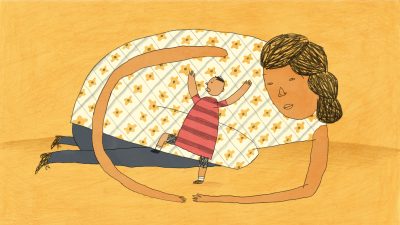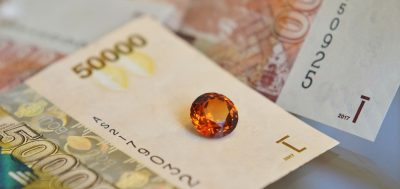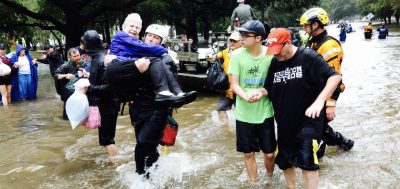Columns
Finding a World Big Enough for My Twice-Exceptional Kids
Every day, when my kids come home from school, the first thing I ask them—like most parents do—is about school. But unlike most parents, I do not expect my kids to say that school was fine.
Montrose, the Neighborhood That Gave Us Everything
Montrose was unofficially codified as the nexus of queer life in Houston. If you held a map to the wall, I could tell you how we came to be on those streets.
Parting the Sea, and Why the White Cane is a Symbol of Power, Not Helplessness
I felt that whipping out the white cane would irrevocably launch me into the kingdom of the blind, and, for many years, I did not want to go there.
In the Harsh Climate of Wyoming, I Learned to Listen to My Body
My eating disorder dictated my relationship to food. Then I moved to Wyoming, whose unforgiving landscape reminded me: We eat food to survive.
When Male Fairy Tale Archetypes Are Used to Promote Harmful Sexual Ideologies
The long and fluid history of fairy tales shows us that men who want to control, dehumanize, and violate women have always existed.
Black Tourmaline Is Supposed to Help You Set Boundaries—But What If You Go Too Far?
It’s easier to cut people out than to learn to differentiate between the chronically demanding and the occasionally needy. It’s war, we tell ourselves.
How the Immortal Jellyfish Helps Me Rewrite My Queer Childhood
I have no desire to live forever. But what I would give to return to adolescence and do it over, even once! To kiss who I wanted to kiss, not settling for her brother.
The Love of Korean Cooking I Share With My White Mother
In her illness, Korean food was all my Polish-American mom from Jersey wanted to eat. It was all that she could bear.
Citrine and the Cost of Happiness: How Conflating Money with Success Keeps Us All Trapped
If citrine is supposed to bring you abundance, what might it bring if you didn’t need so much wealth in our capitalist hellscape?
We Were Prepared for a Storm, But Not Hurricane Harvey
There will be as many different iterations of this storm, and the ones to come, as there are Houstonians. And we have to hear them—they’re what will determine our map for the next one.










